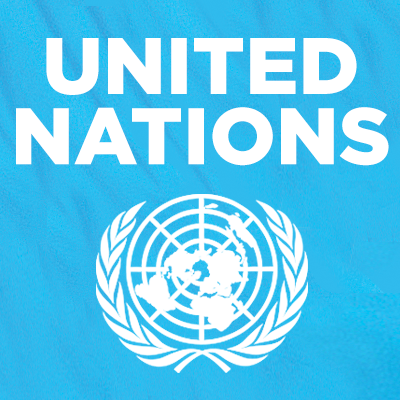UN Secretary General Ban Ki-moon on Monday called for faster action to end AIDS epidemic by 2030, while the UN’s AIDS agency warned that lack of funding was making that target difficult to reach.
Ban said at a five-day AIDS conference in South African that more than half of the world’s 37 million HIV-positive people still have no access to life-saving medication.
The conference brought together about 18,000 scientists, activists and officials from 180 countries.
“As a global community, we must move quickly and decisively towards achieving the targets that will help us finally bring this epidemic to an end,” Ban said.
UNAIDS Director, Michel Sidibe said that he was concerned about the situation saying “ I’m scared because we are back again in difficult times.
“The world is facing many other competing priorities – terrorism, migration. I’m scared because I’m seeing for the first time the decline of contributions from donors.
“We will not be able to end AIDS by 2030. The risk is we will have a rebound in the epidemic,” Sidibe said, referring to the target set by the UN.
Britain’s exit from the European Union will make it more difficult for the world to combat AIDS, International AIDS Society President Chris Beyrer said.
The Brexit decision is a “worrisome development for HIV/AIDS response,” said Beyrer, who heads the world’s largest association of HIV professionals.
“The British have been essential donors, along with us and the EU for continuing the global AIDS effort,” Beyrer said, stressing Britain’s role as a research base.
“A substantial proportion of AIDS research in the UK has been funded by EU research funding,” he said.
About 1.1 million people die from the consequences of HIV infection annually, mainly in Africa.

